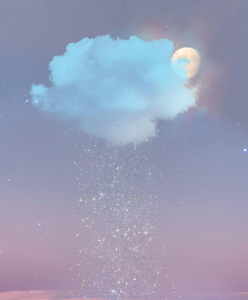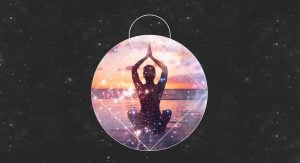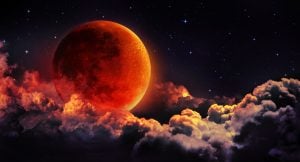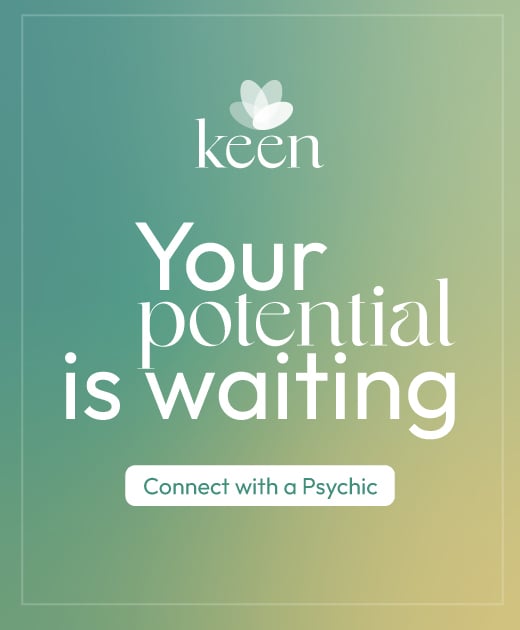Zodiac Memes: Jake Register of @jakesastrology Talks Instagram Astrology
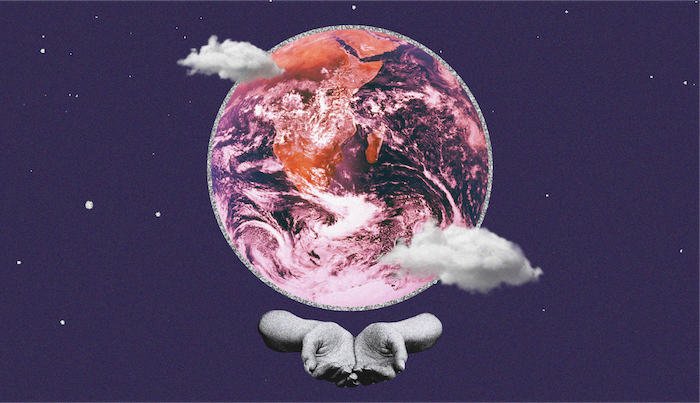
I became interested in astrology back in high school. But a couple of years ago, when I discovered that it goes way beyond sun signs, I had to dive in—I was totally obsessed. In January of 2018 I created my Instagram (@jakesastrology) in order to teach others what I was learning, but “astrology 101” style posts didn’t attract a big audience. Figuring that anyone can relate to a meme about their sign—regardless of astro-savviness—my page migrated closer to humor territory, and after my astrology bingo card series went viral that March, I gained thousands of followers.
It wasn’t the educational page I originally planned, but I knew that I was still accomplishing my initial goal—to introduce others to astrology. Although they’re somewhat superficial, jokes about sun signs and pop horoscopes are just plain fun! Critics may call them amateurish or misrepresentative of astrology, but astrology meme accounts are an impactful force behind astrology’s resurgence.
In my opinion, 2018 was the beginning of astrology’s rise in popularity—and a pretty crazy year. People were desperately looking for stability in a tumultuous world, and astrology provided that by explaining the stellar chaos (strings of eclipses, non-stop retrogrades, Saturn in Capricorn…) that was manifesting here on Earth in equally dramatic ways. It wasn’t long until social media influencers and businesses began to employ astrology as a tool to generate traffic. Their audiences loved memes about Mercury retrograde to provide reasoning for their new car breaking down; Snapchat highlights on Mars retrograde to explain why they had no energy over the summer; tweets about Venus retrograde to shed light on a big breakup—you get the picture.
As it entered the modern mainstream, astrology became a major draw for social media’s largest population—young adults. Millennials and Gen Z are the demographics least impressed with organized religion, and many were searching for something to replace the non-inclusive, outdated beliefs of the mainstream spiritualities that weren’t working for them. As more and more astrology memes came across their timelines, they slowly became aware of the universal openness of astrology. Everyone fits in with astrology, regardless of gender, sexuality, or race—factors that some institutions use to exclude others. Numbers-wise, it’s clear that millennials are embracing astrology—84% of my 170,000 Instagram followers are 18-34 years old—and they make up the majority of the people creating and engaging with astrological content online.
Instagram is a particularly hot spot for astrology. Miranda Feneberger of @mirandasmemecult found success posting astrology memes at the beginning of last year after being interested in astrology for nearly ten years, and her nearly 48,000 followers can’t get enough! She loves it. “My community is super positive,” she says. “I think [astrology’s explosive popularity] is great.”
However, the necessary “watering down” that anything—including astrology—must undergo for it to be palatable enough for the mainstream frustrates some members of the astrological community. Susan Miller, for one, expressed concern about younger generations labeling themselves as astrologers without the knowledge necessary to actually practice, adding that she is often “trying to fix things that young astrologers are saying.” Alice Bell, a self-proclaimed astrologist that works parties and offers personal readings is a great example of this. Bell claims that free astro websites are all one needs to learn astrology and interpret natal charts. In this case, I agree with Miller—a year of scrolling through Cafe Astrology does not an expert make—but a majority of influencers aren’t following Bell’s trajectory. For example, on top of my Instagram, I write horoscopes and other astrology refreshers for a few publications. Feneberger also writes and offers birth chart readings for a few clients and friends—but neither one of us call ourselves expert astrologers (or astrologists).
But, unlike Miller, I don’t believe that an exclusive mindset is the answer. “I think the worst thing that can happen to any field of study is gate-keeping by the older generation,” says Feneberger. “That is absolutely not what is best for astrology.” No one is endorsing overpriced consultations from novices like Bell, or straight up fraud á la Audrey Kitching—but while every field has its amateurs and con artists, they don’t comprise the majority. Bottom line: Generalizing and dismissing novices that learn the basics through memes and tweets rather than magazines or books is divisive behavior that only discourages others from learning about and contributing to the subject.
The impact astro-meme accounts have in relation to astrology’s explosive popularity is significant. My followers have so overwhelmed me with requests for resources to learn more about astrology that I keep a permanent list of book recommendations in my bio. Feneberger’s experience is similar. “I’ve received messages saying that my memes have inspired people to dive deeper into their charts,” she says. Our non-traditional approach to astrology acts as younger generations’ gateway into a complex, fascinating subject—and the glow-up isn’t showing any signs of stopping.
Discover the key to your unique life path and personality with your premium Birth Chart.
